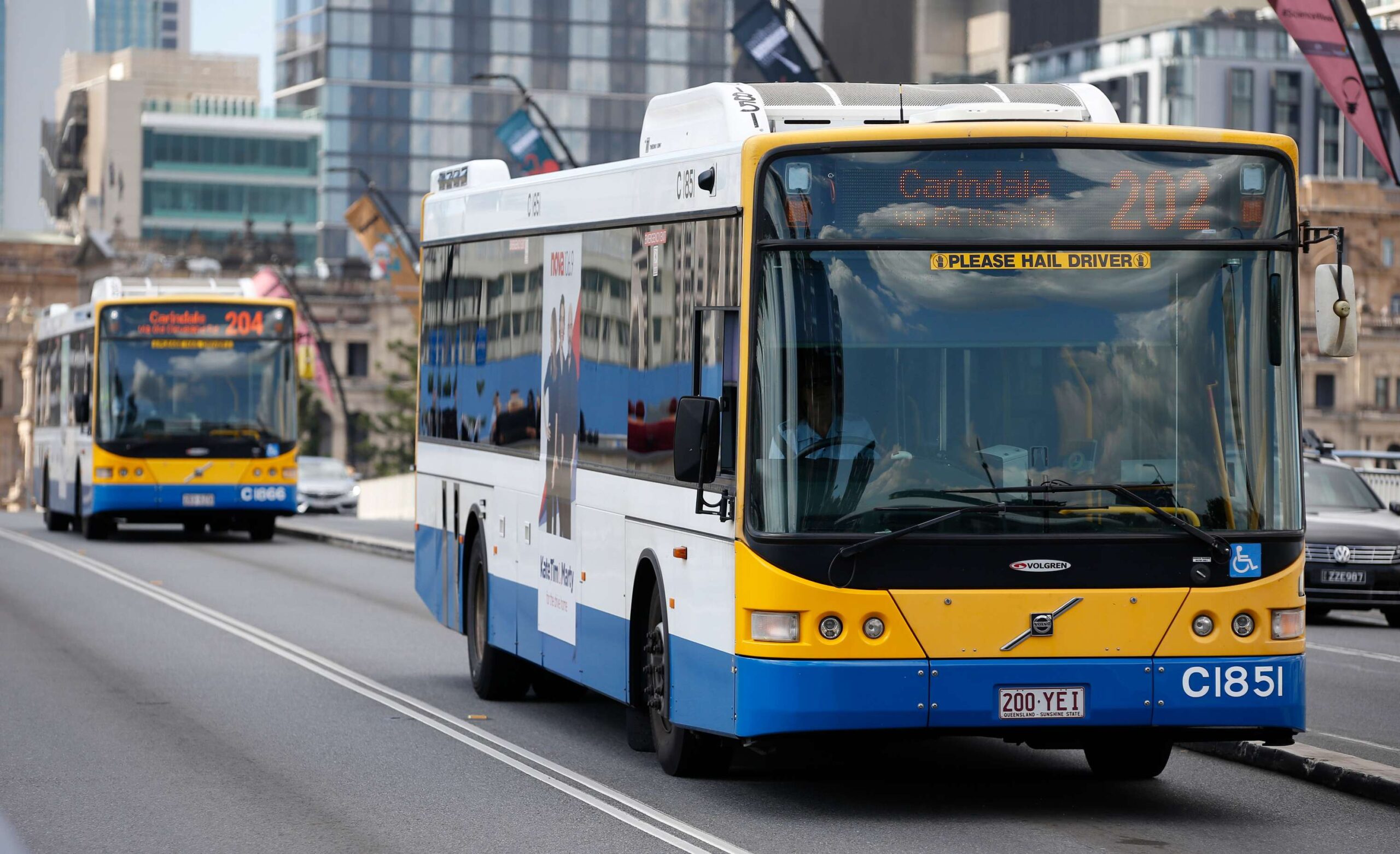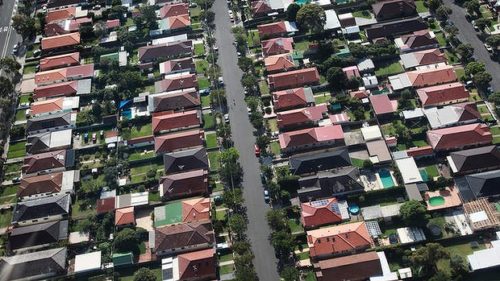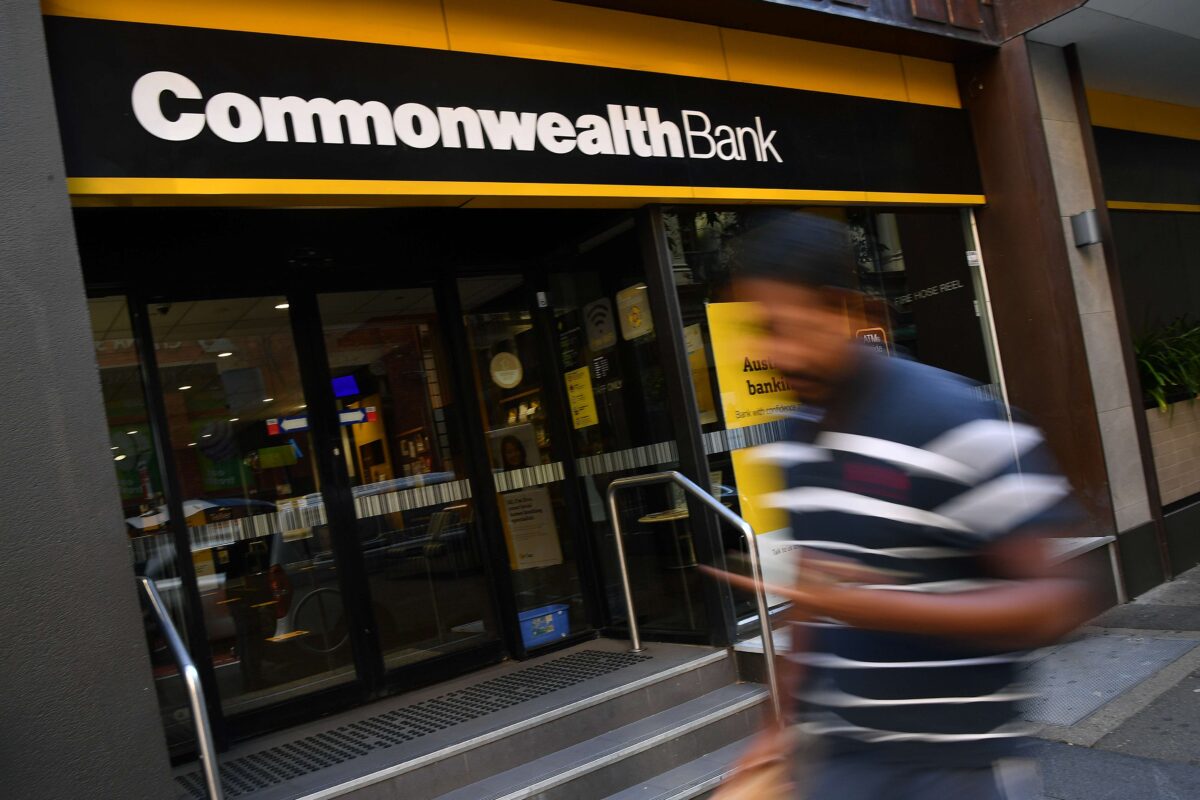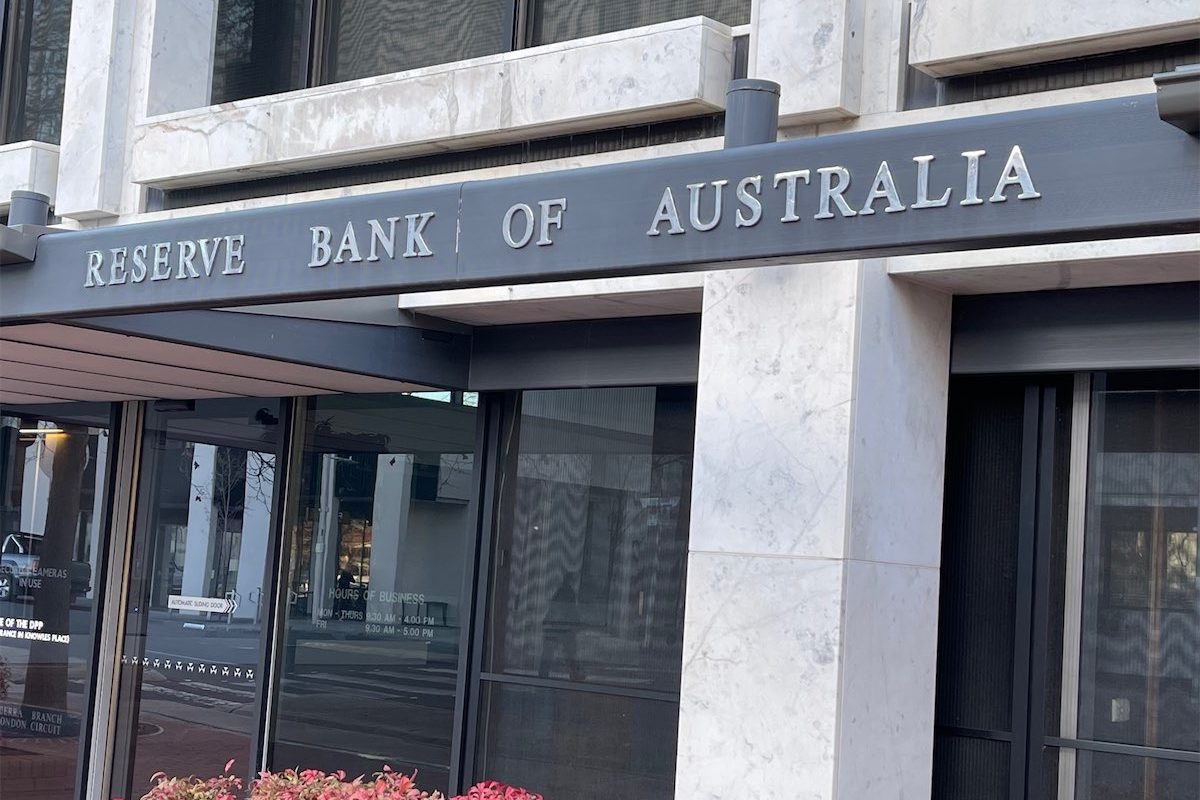
The cost of getting around has fallen for the first time in two years, a study has shown, but households in some states are faring better than others thanks to public transport discounts.
The Australian Automobile Association detailed the extent of the savings in its Transport Affordability Index on Wednesday, revealing travel costs fell by an average of $921 a year for those living in capital cities.
But Brisbanites were significantly better off than people in other states, saving $3316 a year on average, thanks to the introduction of 50-cent fares for public transport.
On the other side of the ledger, Sydneysiders fared the worst, with transport costs rising in the city by $107 a year due to high toll prices.
The report, prepared quarterly by the motoring body, analysed household transport costs including registration, servicing, insurance, car loans, fuel and public transport to determine spending.
It found transport costs fell 2.6 per cent between July and September – the first decrease since September 2022.
The falling price of fuel had a significant impact, the index found, reducing transport costs by an average of $338 across all households.
But cuts to public transport fares made the biggest impact, forcing down transport prices in Queensland, the ACT and the Northern Territory.
Only Queensland’s public transport price cuts were designed to be permanent, however, with fares in other states free on a temporary basis.
Despite 50-cent fares up north, Hobart claimed the title of lowest annual transport costs, followed by Darwin, while Sydney, Melbourne and Perth registered the highest costs.
Transport costs also fell across seven regional areas surveyed for the index, with transport in Alice Springs, Bunbury and Geelong costing the most at over $23,000 a year, while Townsville and Wagga Wagga registered the cheapest bills at just over $20,000 a year.
Even though costs fell in most cities and towns, Australian Automobile Association managing director Michael Bradley said transport consumed 16.1 per cent of household income during the quarter and remained a major drain on family budgets.
“Transport costs are significantly higher than they were before the (COVID) pandemic,” he said.
“The typical Australian household’s transport costs have risen from 13.9 per cent of its income in September 2019 to 16.1 per cent in September 2024.”
The findings proved state and federal governments should carefully consider transport policies, Mr Bradley said, and the effect they could have on spending and the overall economy.
“Transport is a significant and unavoidable expense and rising transport expenditure is also one of the key drivers of inflation,” he said.
Car loan repayments remained the biggest transport cost across all states, the index found, followed by fuel and insurance.
Who can be trusted?
In a world of spin and confusion, there’s never been a more important time to support independent journalism in Canberra.
If you trust our work online and want to enforce the power of independent voices, I invite you to make a small contribution.
Every dollar of support is invested back into our journalism to help keep citynews.com.au strong and free.
Thank you,
Ian Meikle, editor





Leave a Reply